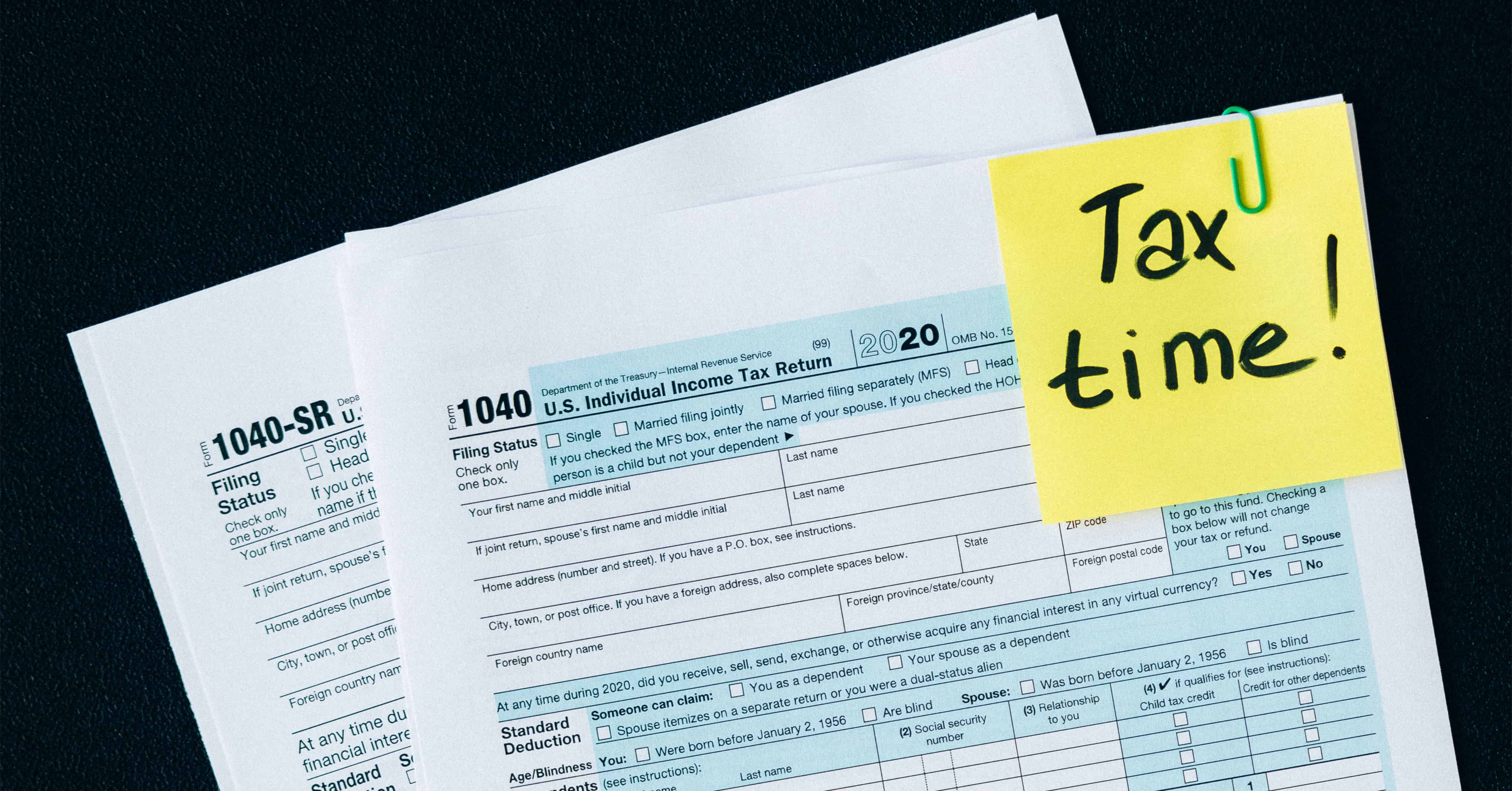It is time to file your 2020 individual income tax returns. Many people face this task with trepidation and stress. To help you focus on this important obligation of all Americans, I am providing you some simple, yet effective, strategies to reduce this process to its simplest form.
First, do not procrastinate until April of each year to begin preparing for this required activity. Too many of us dislike the process of gathering and organizing our information to perform the task of preparing our returns. Do you remember the question about tackling big projects? You know, “How do you eat an elephant?” The answer for the previous query, as well as the approach to your organization of tax information is the same, “one bite at a time”.
Every month, when you receive your bank and credit card statements, review them and highlight the line items that may be an income or deduction for your returns. Take a blank piece of paper and record the line items in their respective categories you determine on the paper. This sheet of paper will be your accumulator of all the monthly items of income or deductions for you.
Provide the sheet along with all your information returns received from your employer, banks, payers, investment accounts, etc. to your tax preparer as soon as possible in the month of February. Why so early? Keep in mind that most tax preparers work on a First-In-First-Out Method of completing returns for their clients. Also, by providing this information early in the term of tax season you will be gaining access and services from your preparer before the fatigue and craziness of tax season sets in.
Second, think about the types of deductions you can perform that allow you keep control of your money. Of course, I am referring to contributions to your employer-provided retirement plan, Traditional Individual Retirement Accounts and Roth Individual Retirement Accounts. What a great opportunity you have available to increase your security for the future while taking a current tax deduction on your returns!
Because of the pandemic, you have an additional month to contribute to your IRA or Roth IRA. If you wish to contribute to these tax-qualified accounts and claim the deduction on your 2020 income tax return, you must do so by May 17, 2021. The maximum contribution for individuals under age 50 is $6,000 for the 2020 tax year. For those of us 50 years of age or older, $7,000 is the contribution limit. The question becomes “how much should I contribute?” Of course, the answer may differ for everyone based on his or her particular facts and circumstances. However, I do have an answer that applies – as much as you are allowed by law!
Once your tax year has lapsed, your available deductions are limited. It is imperative that you take advantage of the provisions within the Internal Revenue Code and maximize your tax savings each year. A wise, old proverb found in the Bible guides us about managing our money properly: “Of what use is money in the hand of a fool, since he has no desire to get wisdom.” A friend asked me why money is so important to me. I informed him that money is not important to me, it is the freedom it affords me that is priceless.
Your philosophy toward filing and paying taxes should be one of gratitude. There are many people in countries without basic living needs such as running water, highways to drive on, food that is edible and medical care for the elderly and children. How are these programs funded in the United States of America? With our tax dollars! One of my favorite quotes of Judge Oliver Wendell Holmes, “Taxes are the price we pay for a civilized society.” Be grateful you pay income taxes each year. This act of filing and paying taxes means that your family had a means of support and enjoyed far more of life than many others may.




